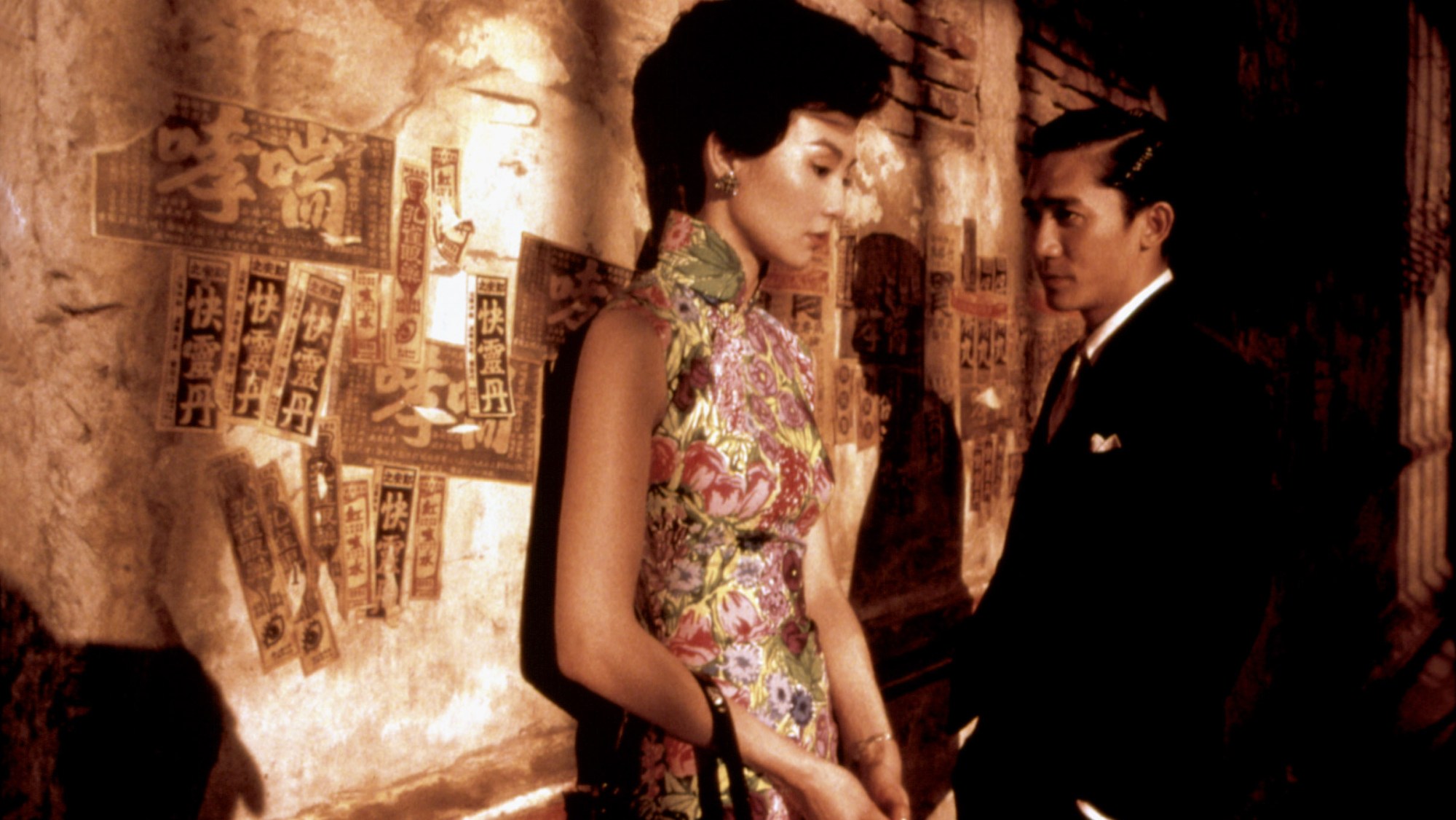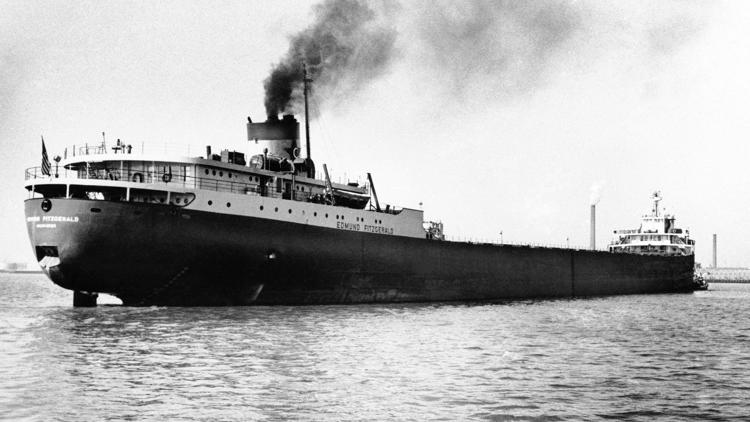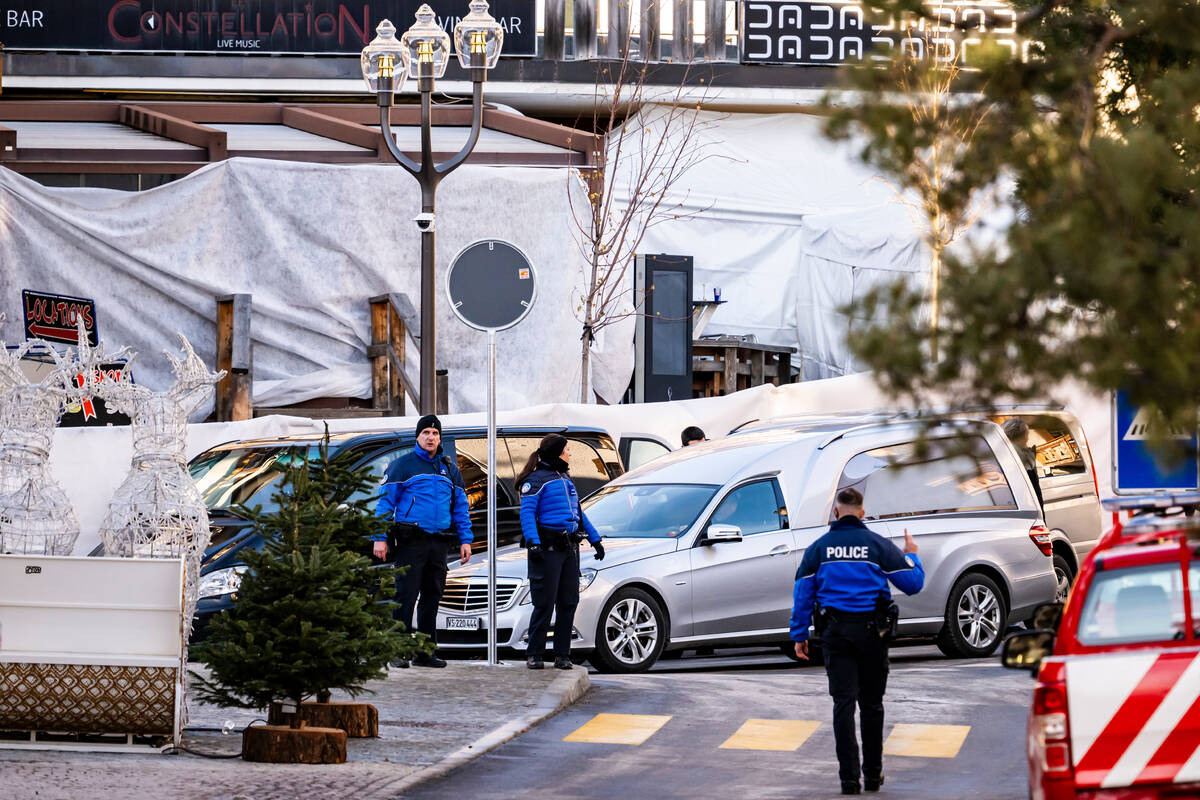Wong Kar-wai’s film In the Mood for Love has cemented its status as a cinematic classic since its debut at the 53rd Cannes Film Festival in May 2000. Acclaimed for its lush visuals and poignant storytelling, the film has consistently ranked among the best in film history, captivating audiences with its exploration of love and longing.
Set against the backdrop of 1960s Hong Kong, although filmed in Macau and Bangkok, the story revolves around Mr. Chow, portrayed by Tony Leung, and Mrs. Chan, played by Maggie Cheung. As neighbors in a cramped apartment building, they gradually discover that their spouses are engaged in an affair. This revelation leads them into a complex and ultimately unfulfilled romantic relationship.
Wong’s inspiration for the film draws heavily from his childhood experiences in Hong Kong, where he and his family lived in shared accommodations. Reflecting on this period, Wong noted in an interview with the British Film Institute, “There was no such thing as privacy; your life was an open book that everyone read over your shoulder.” He emphasized that while the characters are fictional, the world they inhabit is rooted in his early memories.
The production of In the Mood for Love was a significant financial undertaking, with a budget of $16 million. Fortissimo Films acquired worldwide distribution rights, while USA Films, a precursor to today’s Focus Features, secured U.S. distribution. Wong faced a tight timeline to complete the film, which premiered at Cannes and immediately garnered critical acclaim, with Leung winning the Best Actor award.
The film’s impact extended beyond its initial release; it grossed over $16 million globally, solidifying Wong Kar-wai’s reputation as one of the great sensualists of contemporary cinema. Its unique narrative and visual style continue to influence filmmakers and resonate with viewers, ensuring its place in cinematic history.
As reflections on this classic continue, it serves as a reminder of the power of film to evoke deep emotional connections, bridging cultural divides and illustrating universal themes of love and heartbreak. Wong Kar-wai’s In the Mood for Love remains a testament to the enduring allure of storytelling through cinema.






